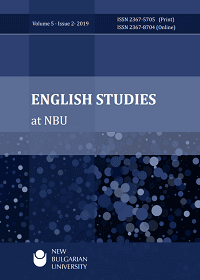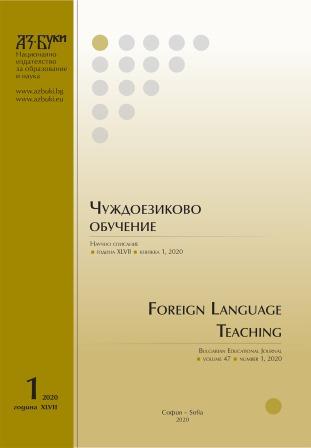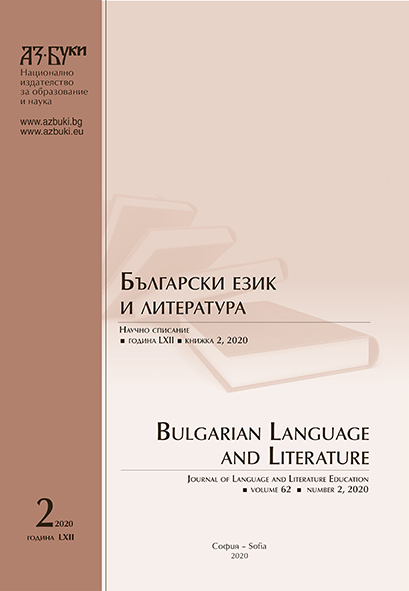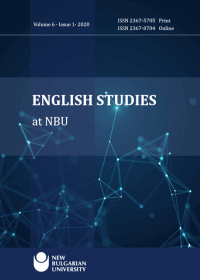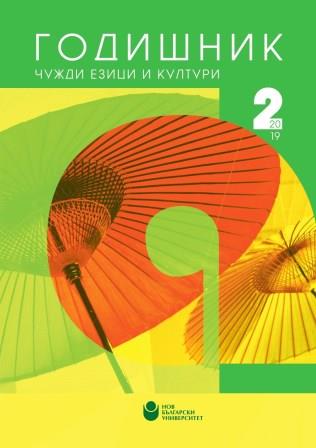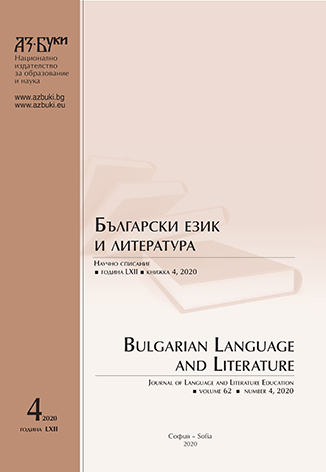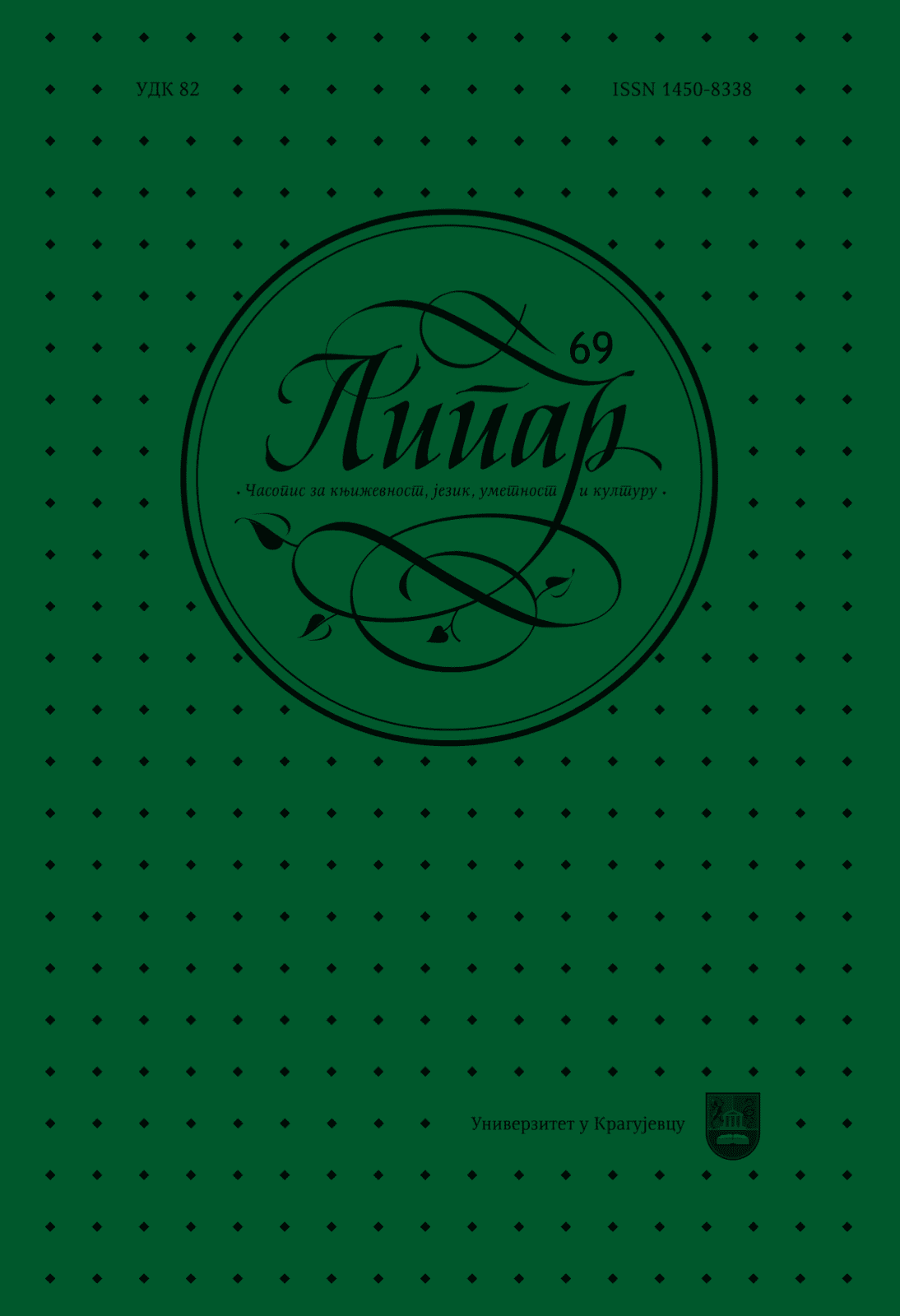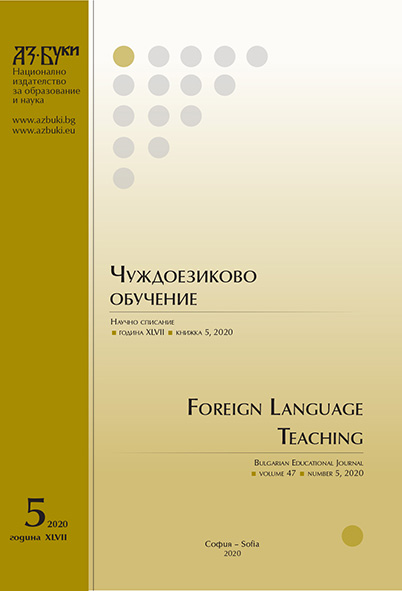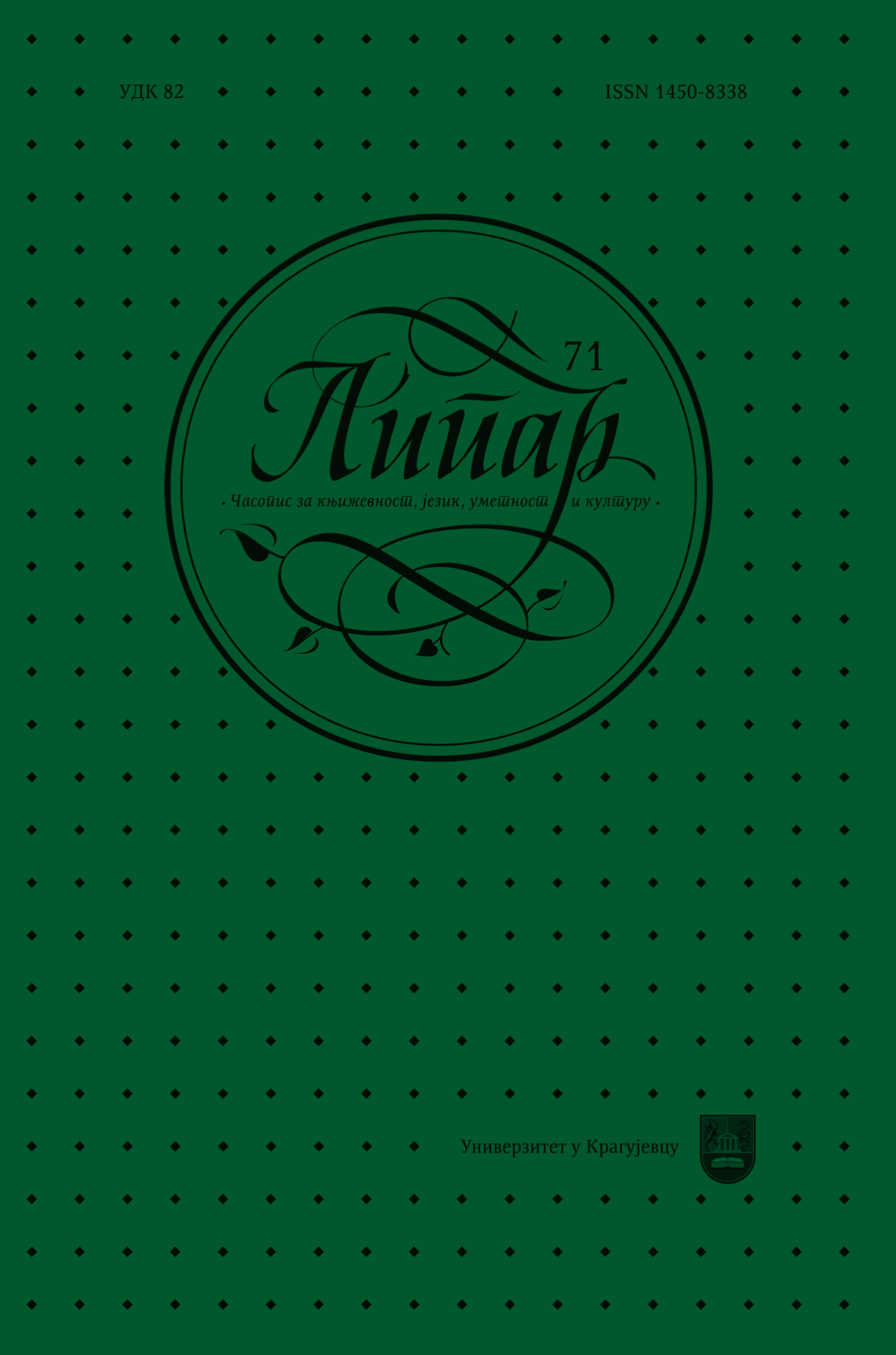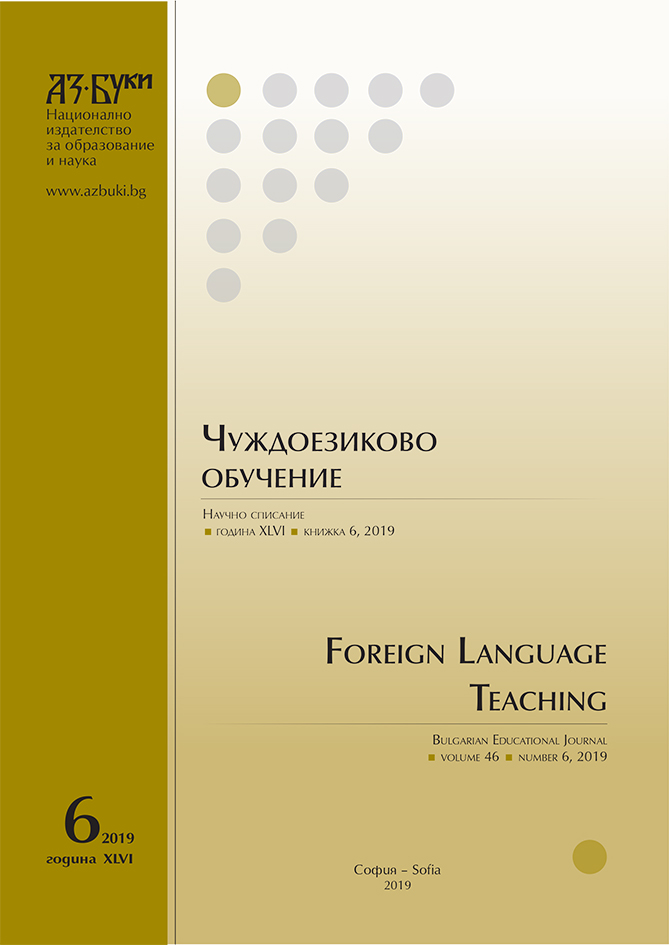
The Prefix Na- in Bulgarian Verbs: a Cognitive Linguistic Approach
This study analyses the cognitive semantics of the Bulgarian verbal prefix na- ‘on, onto’ and aims to reveal its core meaning. Using a comprehensive inventory of corpora examples, the analysis distinguishes a few subgroups of na-verbs pointing out how apparently distinct meanings correspond to the central spatial meaning in the semantic network of the spatial particle na(-) and how the different meanings of the prefix na- relate to each other. The focus is particularly on the relation between spatial and non-spatial meanings, and on the application of conceptual metaphors that contribute to a consistent and motivated meaning network of na-.
More...
